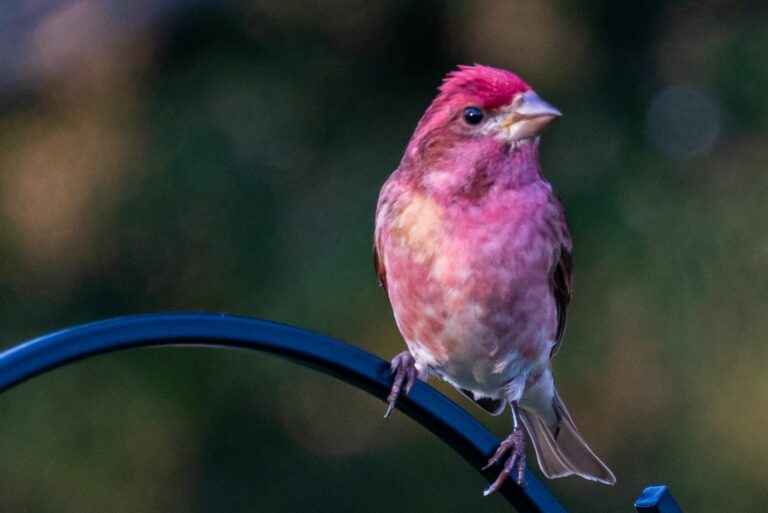12 Common Yard Features Facing Bans In Tennessee Neighborhoods
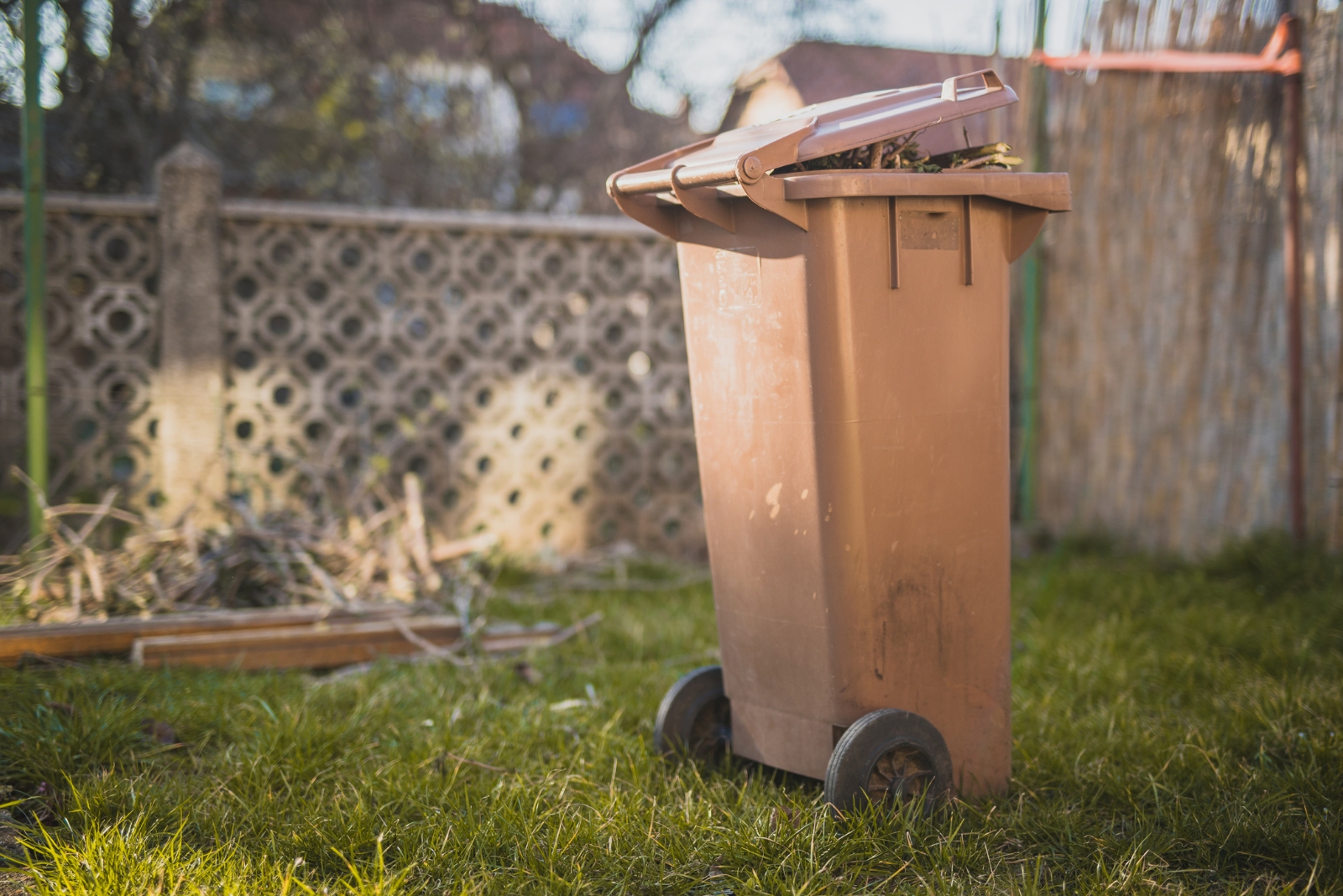
Tennessee neighborhoods are changing their rules about what you can have in your yard. Homeowners associations and local governments are creating new restrictions to keep communities looking nice and safe.
Many people are surprised to find out that things they’ve had in their yards for years might now be against the rules.
1. Tall Privacy Fences
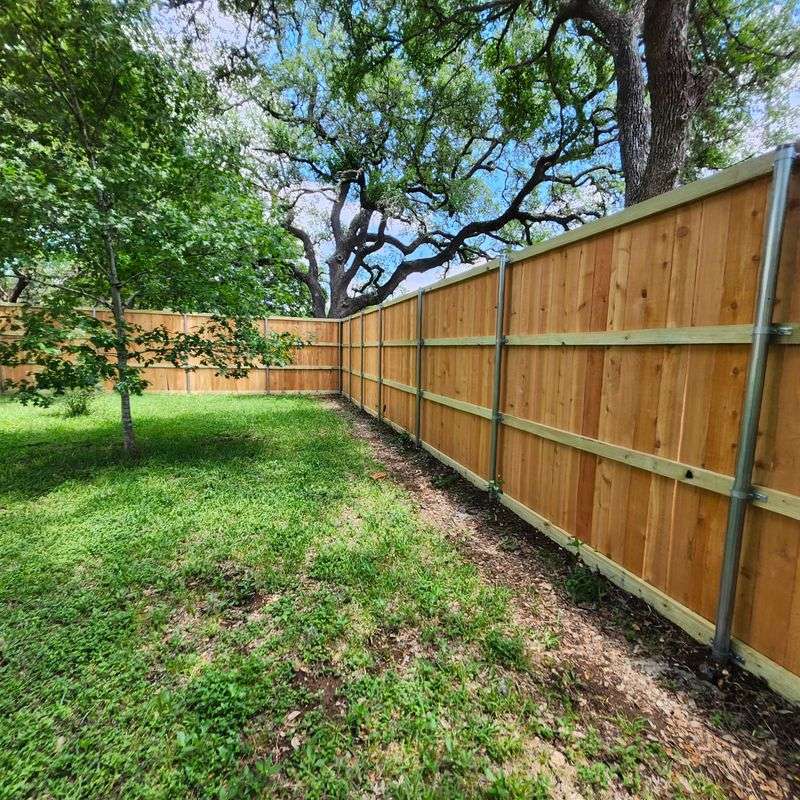
Fences taller than six feet are getting the axe in many Tennessee communities. Homeowners associations worry these barriers block views and create an unfriendly atmosphere.
Many neighborhoods now limit fence heights to four feet, especially in front yards. The restrictions aim to maintain open sightlines and community feel, though they frustrate residents seeking privacy from busy streets.
2. Colorful Exterior Paint
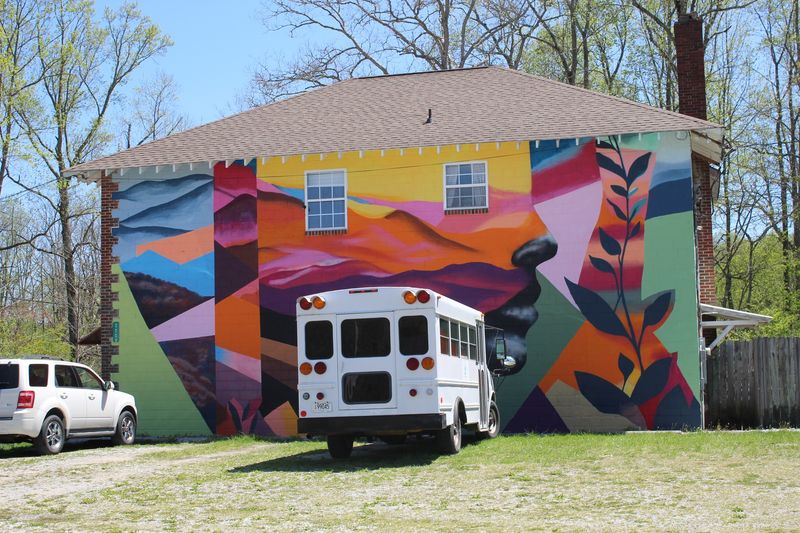
Bright blues, vivid purples, and sunshine yellows are becoming no-nos in many Tennessee communities. HOAs are cracking down on homes painted in non-traditional colors, requiring approval for anything beyond neutral tones.
Residents must now choose from approved color palettes that typically feature beiges, grays, and muted earth tones. The goal? Creating visual harmony throughout neighborhoods, though at the cost of personal expression.
3. Vegetable Gardens In Front Yards
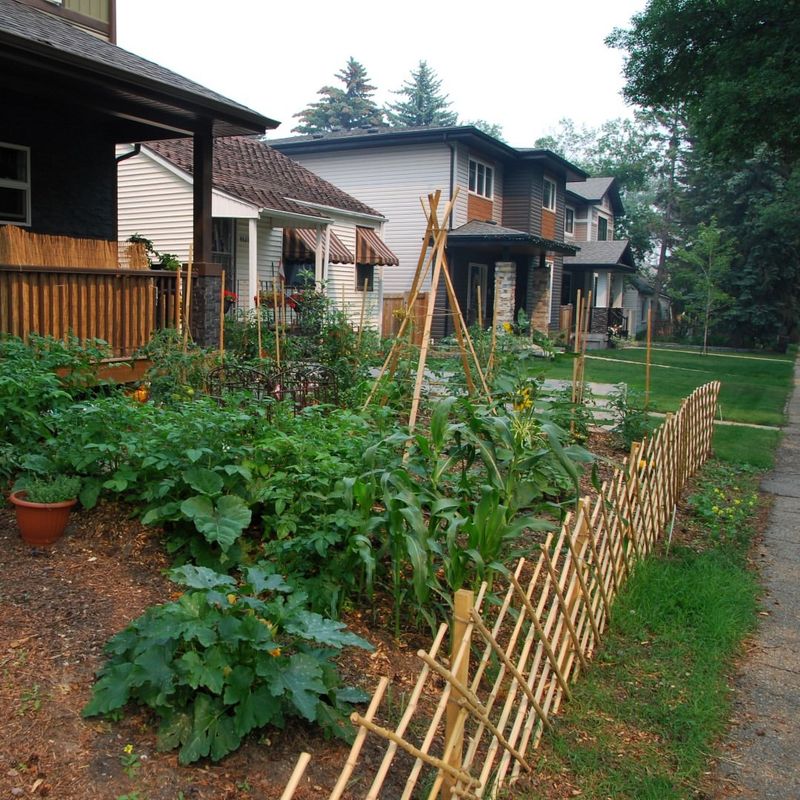
Growing tomatoes and cucumbers where neighbors can see them is becoming prohibited in certain Tennessee communities. Front yard vegetable gardens are facing restrictions as HOAs claim they reduce property values.
Gardeners are being told to move their produce to backyard spaces only. The rules often specify that food-producing plants must be hidden from street view, forcing some residents to give up gardening altogether if they lack suitable backyard space.
4. Clotheslines
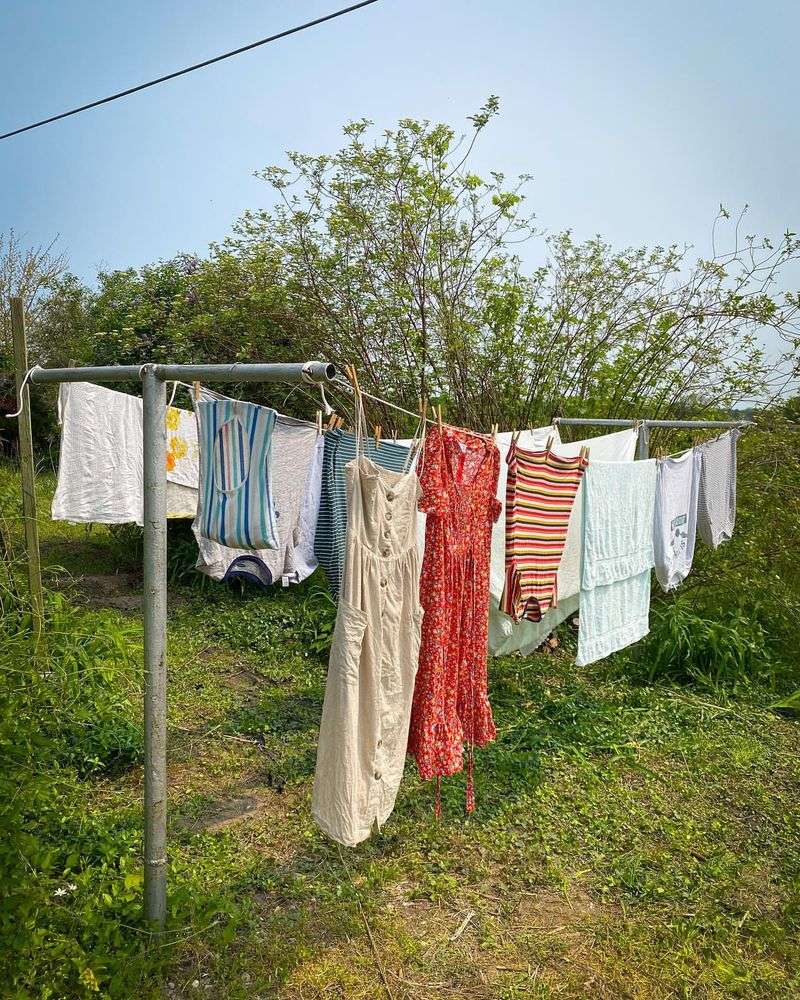
Hanging laundry outdoors to dry is being prohibited across numerous Tennessee neighborhoods. Despite being eco-friendly, clotheslines are considered eyesores by many homeowners associations.
Residents who prefer air-dried clothes now face fines if they hang items outside. The bans particularly affect families trying to reduce energy costs and environmental impact. Some communities have compromised by allowing retractable lines that must be put away when not in use.
5. Recreational Vehicles Parked In Driveways
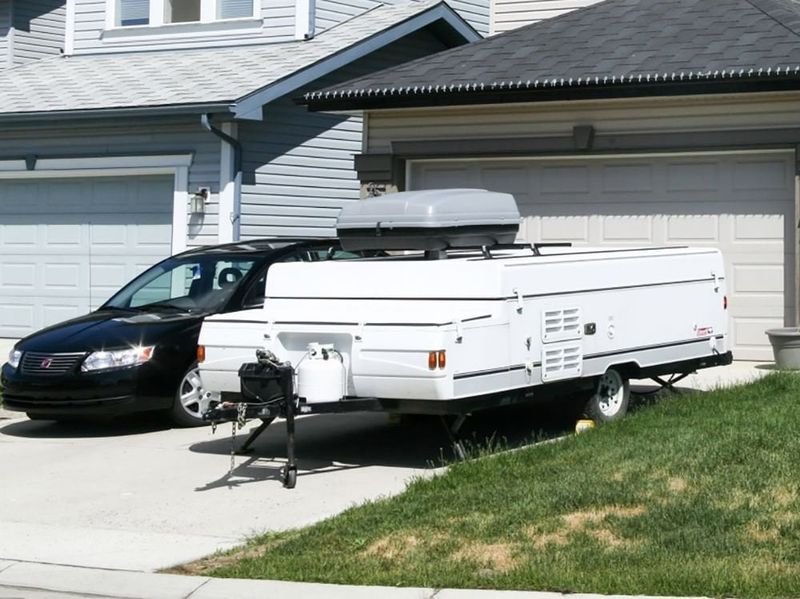
RVs, boats, and campers are being kicked to the curb in Tennessee neighborhoods. New rules prohibit storing these large recreational vehicles in driveways or visible areas of properties.
Owners must now find off-site storage facilities, often miles away from home. The restrictions aim to prevent cluttered streetscapes, but create headaches for weekend adventurers who want convenient access to their outdoor equipment.
6. Basketball Hoops
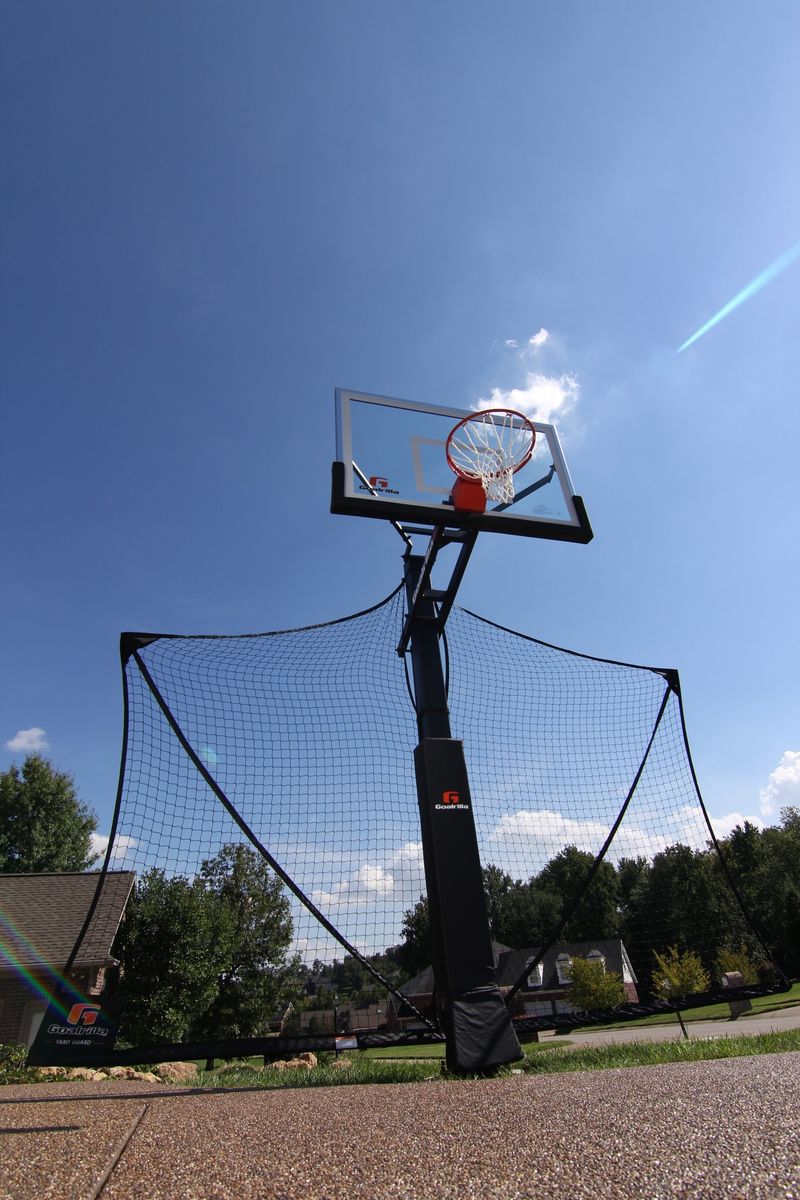
Permanent basketball hoops are bouncing out of Tennessee front yards. Communities cite safety concerns and aesthetic issues when banning these recreational fixtures.
Families with sports-loving kids must now use portable systems that can be stored out of sight when not in active use. Some neighborhoods have gone further by restricting play hours to prevent noise disturbances, limiting backyard games to between 9am and 7pm only.
7. Native Plant Landscapes
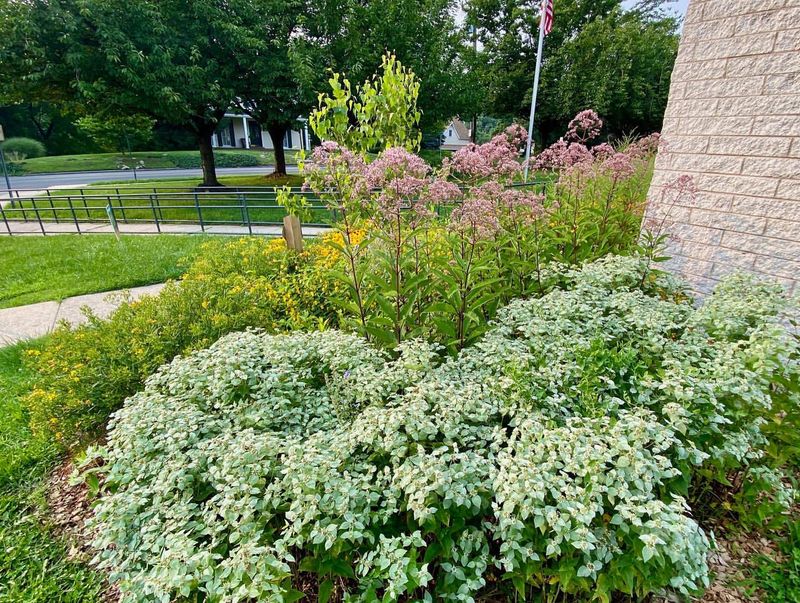
Natural-looking yards filled with Tennessee native plants are running into roadblocks. HOAs often require manicured lawns and traditional landscaping over eco-friendly alternatives.
Homeowners who replace grass with wildflower meadows or native grasses face violation notices. The irony? These native landscapes typically require less water and maintenance while supporting local wildlife. Some communities have begun revising rules after pressure from environmental groups.
8. Backyard Chickens
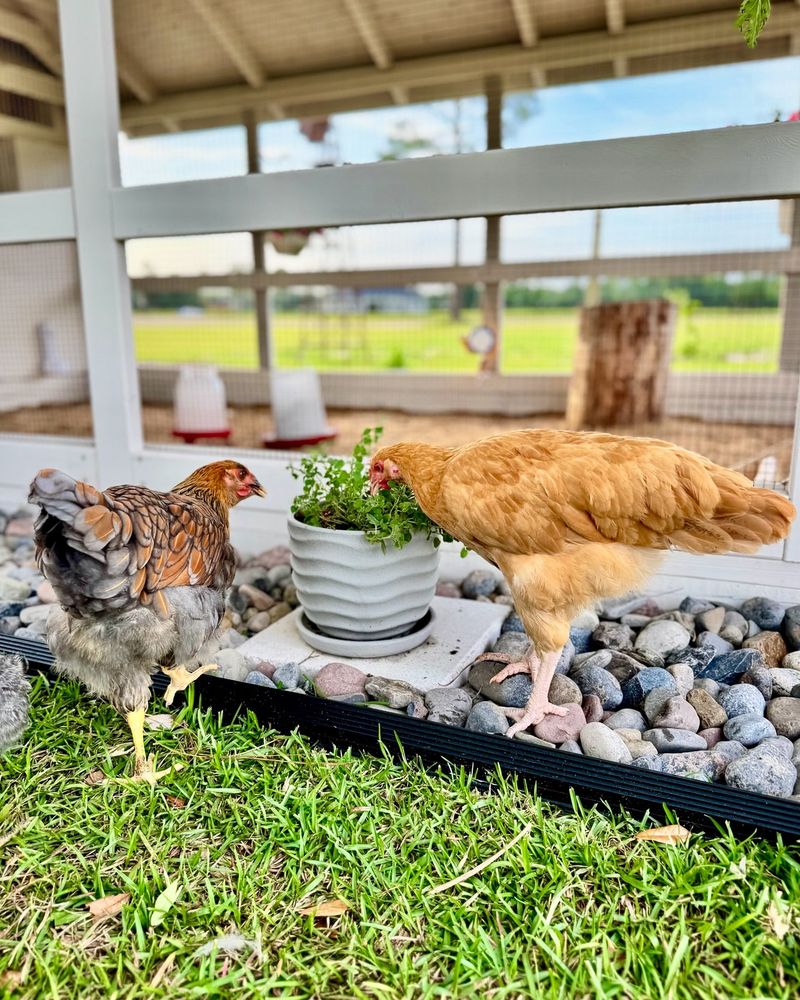
Keeping a few hens for fresh eggs is becoming forbidden in many Tennessee communities. Backyard chickens, once common in rural areas, are now considered incompatible with suburban living.
Concerns about noise and odor drive these restrictions, though properly maintained small flocks create minimal disturbance. Chicken enthusiasts argue that modern coops are attractive and hens quieter than many dogs. Some municipalities have compromised by allowing limited numbers with proper permits.
9. Above-Ground Swimming Pools
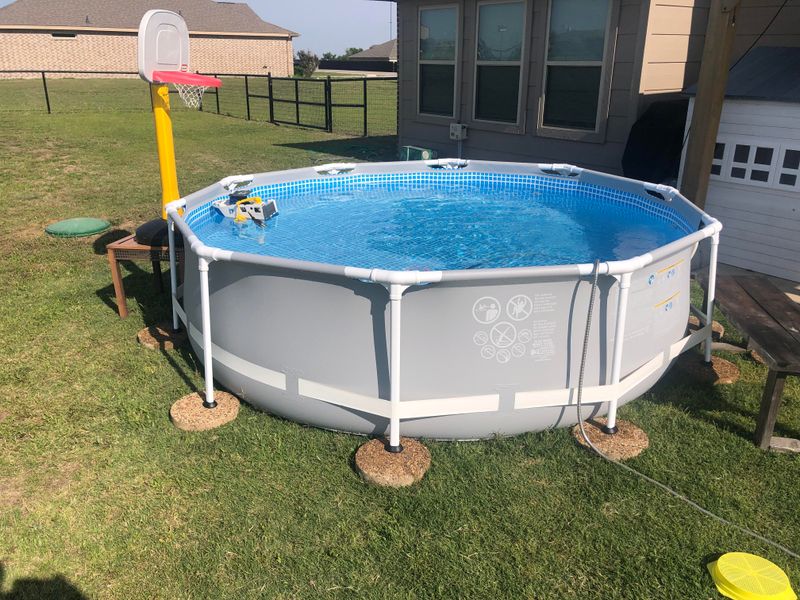
Beat-the-heat solutions like above-ground pools are drying up in Tennessee neighborhoods. Many communities now restrict or outright ban these more affordable swimming options while allowing in-ground alternatives.
Families seeking budget-friendly cooling face tough choices. The restrictions typically cite aesthetic concerns and property value protection, though they disproportionately impact middle-income homeowners who can’t afford costlier in-ground installations.
10. Visible Trash Cans
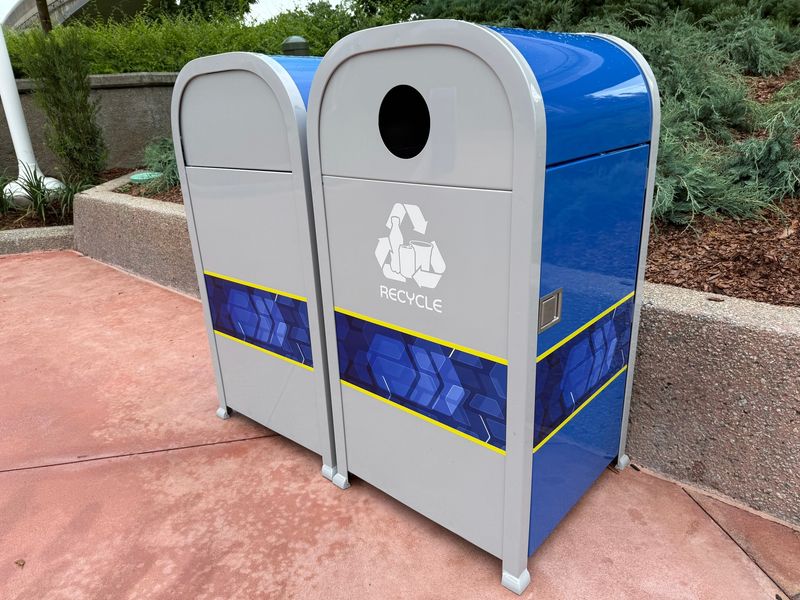
Garbage bins left in sight are becoming a no-no in Tennessee neighborhoods. Strict new rules require trash cans to be completely hidden except on collection days.
Homeowners without garages or side yards scramble to find solutions. Some communities require expensive screening structures or landscaping to conceal bins. Violations can result in fines starting at $25 per day, adding up quickly for those who lack suitable storage options.
11. Solar Panels On Front-Facing Roofs
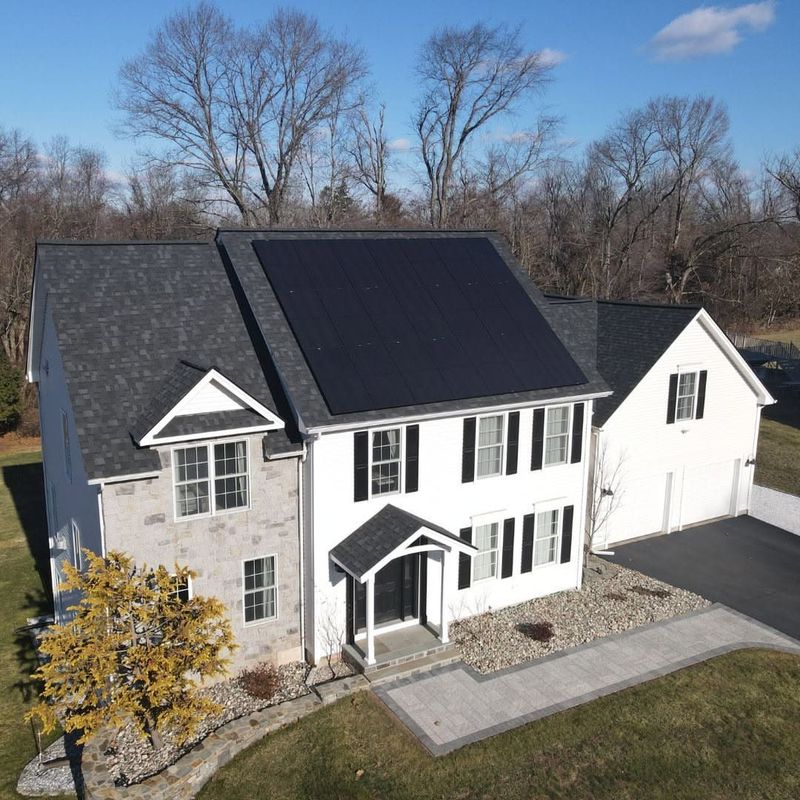
Energy-saving solar panels are hitting roadblocks when visible from Tennessee streets. Despite their environmental benefits, many HOAs restrict panels to rear-facing roof sections only.
This creates problems for homes with north-facing backyards, where panels would generate minimal electricity. Homeowners caught between energy savings and compliance must often choose compliance. Some state lawmakers have proposed legislation to override these restrictions, citing clean energy goals.
12. Political Signs And Flags
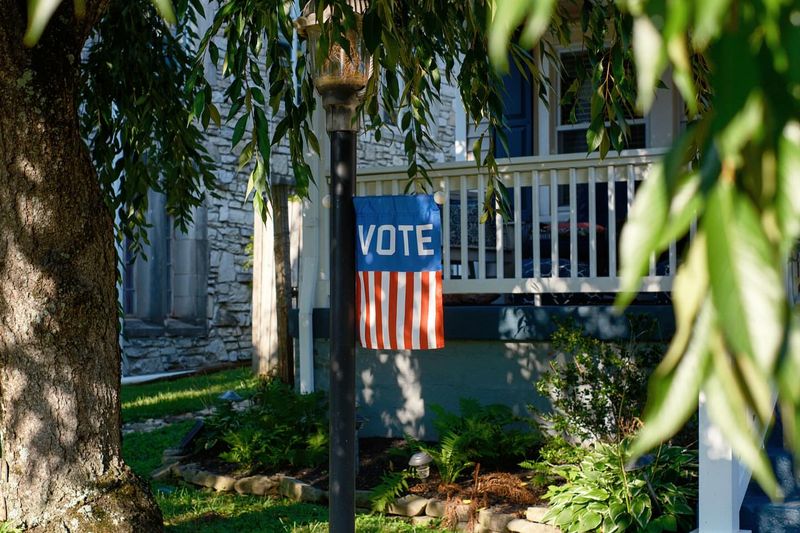
Expressing political views through yard signs or flags is getting restricted in Tennessee neighborhoods. Many communities now limit the size, number, and duration these displays can remain visible.
Free speech concerns clash with desires for politically-neutral community appearances. Some HOAs have implemented rules allowing signs only within 30 days of an election. Others ban flags with political messages entirely while permitting seasonal or sports-related displays.





